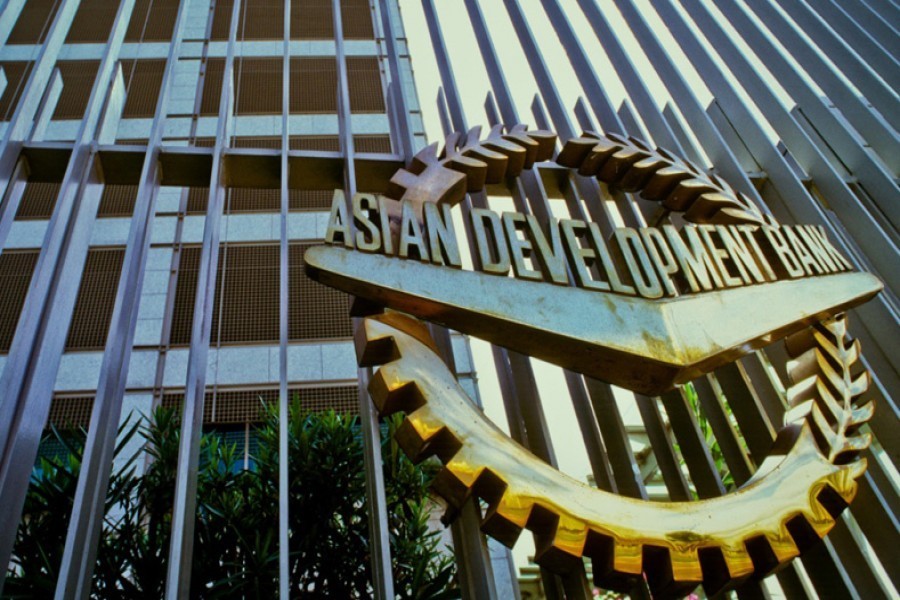The Asian Development Bank (ADB) has launched a new country partnership strategy (CPS) for Bangladesh that aims to boost competitiveness and employment and promote green growth and climate resilience.
Te CPS for 2021-2025 will help Bangladesh realize its aspiration of becoming an upper middle-income country by 2031 through increased public and private investments in the next five years.
It will also support rapid socioeconomic recovery from the coronavirus disease (COVID-19) pandemic, reports UNB citing an ADB press release.
During this period, ADB will increase its lending operations to $10 billion-$12 billion, from $9.6 billion in the past 5 years.
"Sustained growth and appropriate policy measures have helped Bangladesh achieve good development outcomes. Moving forward, the country's industry and export base need diversification," said ADB Director General for South Asia Kenichi Yokoyama.
"Diversification in manufacturing and export items, such as agricultural products, information and communication technology, light engineering, and pharmaceuticals, together with increased competitiveness and access to new markets, will be critical in recovering from the COVID-19 pandemic, sustaining rapid economic growth, and generating substantial employment."
ADB will further expand its private sector operations in Bangladesh and continue to leverage a high level of cofinancing with other development partners. Improving the banking sector, the ease of doing business, business environment, and investment climate will help accelerate private sector development and promote economic diversification.
The CPS also envisages enhancing ADB operations to support climate change adaptation and mitigation, and disaster risk management to address the country's high vulnerability to climate events and other natural disasters, in line with the Paris Agreement.
A holistic approach to integrating climate change will be applied to all operations while expanding programmes to directly address climate change impacts through integrated management of water, river, and coastal areas.
Efforts to reduce poverty will continue. Specific actions to reduce inequality and poverty include effective implementation of the government's social protection programme, more equitable rural and regional development, investments in low-cost housing and basic services including quality health and education for the poor. In the next 5 years, Bangladesh aims to reduce poverty from 20.5 per cent to 15.6 per cent and extreme poverty from 10.5 per cent to 7.4 per cent of its population.
The new ADB strategy was prepared in close coordination with the government to support the implementation of its Eighth Five-Year Plan, which aims to address the need for higher resource mobilisation, diversification of manufacturing and exports, and sustainable urbanisation.
ADB has supported Bangladesh's response against the COVID-19 pandemic with a $940 million loan for vaccine procurement under the Asia Pacific Vaccine Access Facility and other initiatives.
The government has requested $1.0 billion programmatic budget support for economic resilience and health and social protection, of which $250 million has been provided and the remainder is under preparation for approval in 2021-2023, said the ADB.


